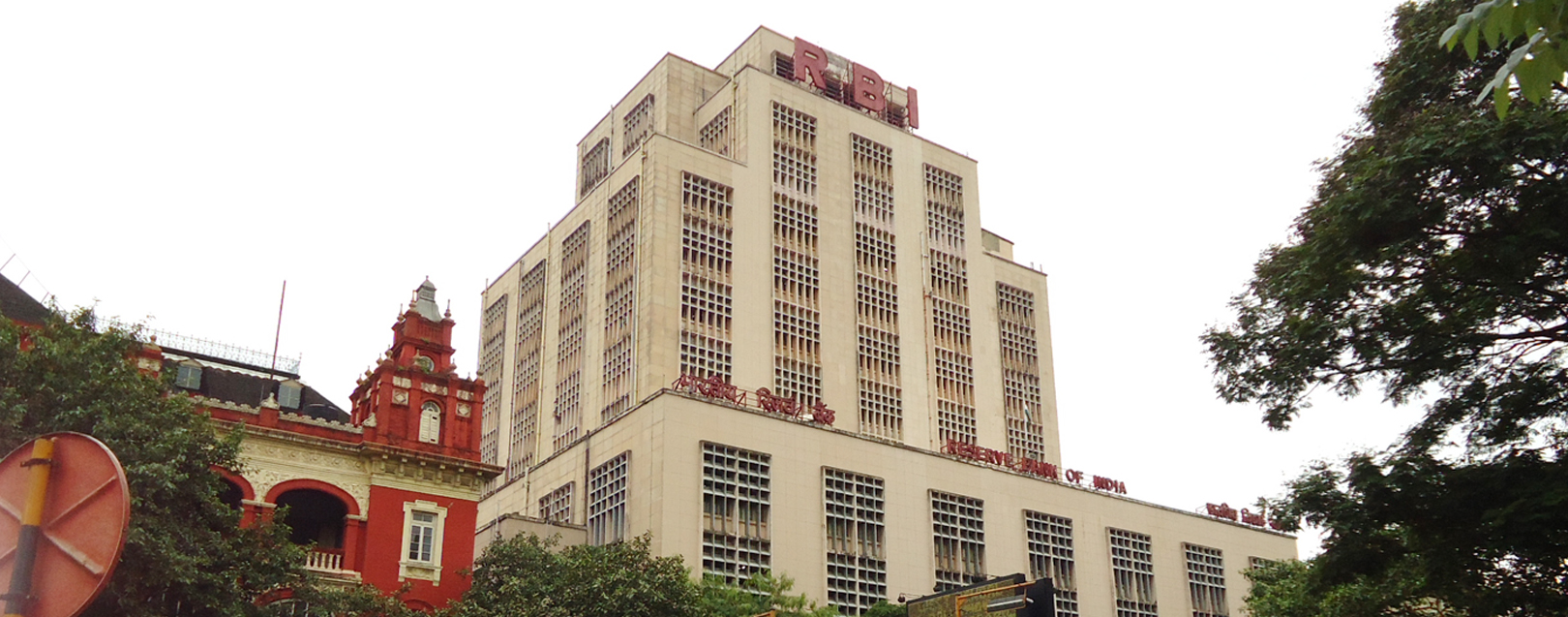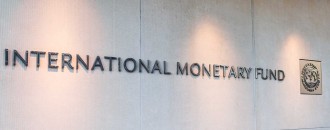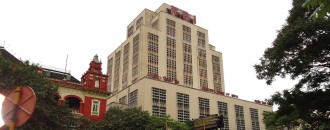
Raghuram Rajan clears the air about his role in demonetisation through his book
The Dollar Business Bureau
At an event in Chennai for launching his book, ‘I Do What I Do: On Reforms Rhetoric and Resolve’, an edited version of his speeches and articles, former RBI governor Raghuram Rajan, spoke candidly to the media and voiced his opinions on demonetisation and its impact.
On demonetisation
It is almost 9 months post-demonetisation and with the Reserve Bank of India releasing a press statement last week that almost 99% of the Rs 15.44 lakh crore worth of banned notes are back into the system, ground results show that there has been a slowdown in the economy. The recall of the Rs 500 and Rs 1000 notes decision taken by the Modi-government hasn’t fetched the expected results. And the exercise happened just after Rajan submitted his resignation. Since then these questions seemed to dominate in everyone’s mind, ‘Was Rajan aware of the note recall exercise. What was his advice to the government?’ Has demonetisation really been successful?
At the book launch Rajan said he had to set the record straight by penning it down in his book, as ‘some of the garbled responses that came out of the parliamentary standing committee meetings - of course we know many of these committees’ leak - the responses that came out did not seem to accord with my recollection of what exactly happened.... So, I wanted to set the record straight just because Parliament has a right to know what actually happened.”
Given below is an extract from the book, of Rajan’s views on demonetisation:
“There is one issue, however, on which I have been asked many questions, which I have resolutely refused to answer until my period of silence is over, and that is the demonetisation that was announced in India in November 2016.
The questions, which have reportedly also been asked by parliamentary committees, include when I knew about the possibility of demonetisation and what my view on it was. The press, quoting government sources, have variously reported that I was against it (in the early days of the demonetisation process) and that I was ‘on board’ (in the most recent reports).
My only public commentary on the issue of demonetisation was in response to a question in August 2014 at the Lalit Doshi Memorial Lecture.
Given that various stances have been attributed to me, including in Parliament, let me clarify.
I was asked by the government in February 2016 for my views on demonetisation, which I gave orally. Although there might be long-term benefits, I felt the likely short-term economic costs would outweigh them, and felt there were potentially better alternatives to achieve the main goals. I made these views known in no uncertain terms. I was then asked to prepare a note, which the RBI put together and handed to the government. It outlined the potential costs and benefits of demonetisation, as well as alternatives that could achieve similar aims. If the government, on weighing the pros and cons, still decided to go ahead with demonetisation, the note outlined the preparation that would be needed, and the time that preparation would take. The RBI flagged what would happen if preparation was inadequate.
The government then set up a committee to consider the issues. The deputy governor in charge of currency attended these meetings. At no point during my term was the RBI asked to make a decision on demonetisation.”






 to success.
to success.